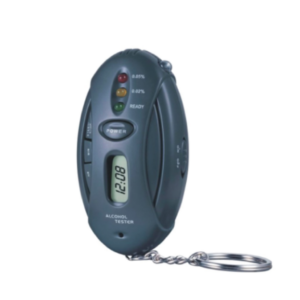Description
Description
Before using the blades, it is important to ensure they are compatible with the specific plaster saw model, so users can achieve optimal performance. The blades typically come in various sizes and tooth configurations, which will cater to different cutting needs, whether for intricate designs or straight cuts.
To illustrate the specifications of the Blades for Plaster Saw, a table can be created to compare different blade options available on the market:
| Blade Type | Size (mm) | Tooth Configuration | Material | Compatibility |
|---|---|---|---|---|
| Standard Plaster Blade | 200 | 10 teeth per inch | High-carbon steel | Most plaster saws |
| Fine Cut Plaster Blade | 250 | 14 teeth per inch | Stainless steel | Specific models only |
| Heavy-Duty Plaster Blade | 300 | 8 teeth per inch | Carbide-tipped | Heavy-duty saws |
Additionally, graphs can be utilized to represent user satisfaction ratings based on cutting efficiency, durability, and overall performance of the blades compared to competitors. For example, a bar graph could display average satisfaction scores from users, allowing stakeholders to visualize the product’s effectiveness in real-world applications.
In conclusion, the Blades for Plaster Saw are vital for achieving high-quality results in plaster work, so understanding their features and specifications is crucial for professionals in the field. By utilizing tables and graphs to present data, users can make informed decisions about their cutting tools, because this information is essential for ensuring successful project outcomes.

 Cart is empty
Cart is empty 




Reviews
There are no reviews yet.